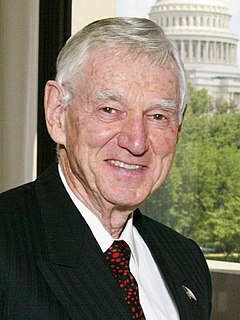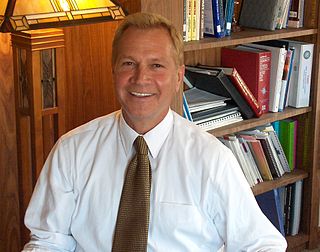A Quote by Chris Kilham
Coffee is already known to be a preventive factor against mild depression, Parkinson's disease, and colon and rectal cancers.
Quote Topics
Related Quotes
Calcification is the hardening of body tissues by calcium salts or deposits. Although calcification itself is not considered a disease, it has been shown to be a significant contributing factor in nearly every known illness and aging condition, including heart disease, kidney stones, gallstones, chronic inflammation, arthritis, cancers, cataracts, eczema, psoriasis, and even wrinkles.
Learning that whole grains, legumes, fruits and vegetables can help prevent many cancers, including cancers of the prostate, breast, mouth, throat, esophagus, lung, colon, kidney, pancreas, thyroid, gallbladder, and probably other cancer types is a powerful lesson that can have a significant impact on children's lives.
It seems The Journal of Neurology reports that the longer you smoke, the less likely you are to develop Parkinson's disease. So what are they telling us? Follow me guys. Remember, a couple of months ago, doctors said drinking a glass of alcohol every day was good for your heart. Smoking prevents Parkinson's disease. Marijuana is good for glaucoma. Sex is good for your prostate. You know, screw health care. Let's party!
To be brutally honest, for much of that time, I was the only person in the world with Parkinson's. Of course, I mean that in the abstract. I had become acutely aware of people around me who appears to have the symptoms of Parkinson's disease, but as long as they didn't identify with me, I was in no rush to identify with them. My situation allowed, if not complete denial, at least a thick padding of insulation.































